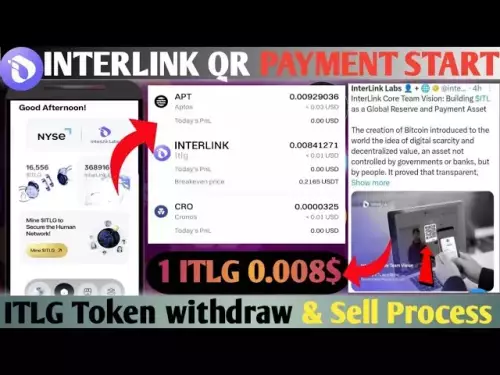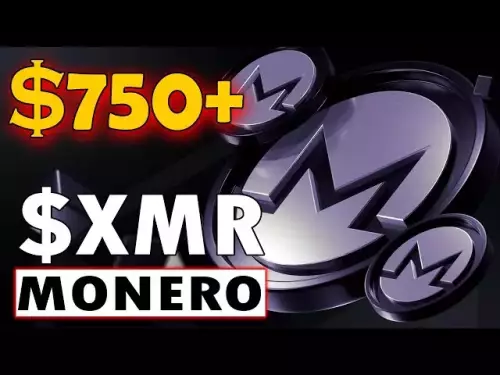-
 bitcoin
bitcoin $107208.295278 USD
-1.54% -
 ethereum
ethereum $3874.629914 USD
-1.38% -
 tether
tether $1.000440 USD
0.03% -
 bnb
bnb $1089.465513 USD
-5.53% -
 xrp
xrp $2.327672 USD
-1.65% -
 solana
solana $184.766505 USD
-0.73% -
 usd-coin
usd-coin $1.000076 USD
0.02% -
 tron
tron $0.310632 USD
-1.99% -
 dogecoin
dogecoin $0.187615 USD
-1.60% -
 cardano
cardano $0.633389 USD
-2.75% -
 ethena-usde
ethena-usde $0.999553 USD
0.03% -
 hyperliquid
hyperliquid $35.608231 USD
-4.13% -
 chainlink
chainlink $16.876114 USD
-3.98% -
 stellar
stellar $0.312239 USD
-0.91% -
 bitcoin-cash
bitcoin-cash $473.262969 USD
-7.09%
How do you use the 5 EMA for aggressive scalping strategies?
The 5 EMA is a fast, responsive tool ideal for scalping, helping traders catch quick momentum shifts in volatile markets like crypto when combined with volume and RSI for confirmation.
Oct 18, 2025 at 08:36 am

Understanding the 5 EMA in Scalping Contexts
1. The 5-period Exponential Moving Average (EMA) is a fast-reacting indicator that closely tracks price action, making it ideal for aggressive scalpers who operate on very short timeframes like 1-minute or 5-minute charts. Because it places more weight on recent prices, it responds quicker to volatility than simple moving averages.
2. Traders use the 5 EMA to identify immediate momentum shifts. When price is consistently above the 5 EMA, it signals short-term bullish pressure. Conversely, when price trades below the 5 EMA, bearish momentum dominates. These signals help scalpers enter and exit positions within minutes.
3. The tight responsiveness of the 5 EMA allows traders to catch micro-trends before they fully develop. This is crucial in cryptocurrency markets where price can surge or drop sharply in seconds due to high volatility and low liquidity on certain altcoins.
4. Combining the 5 EMA with volume indicators increases reliability. A spike in volume concurrent with price crossing the 5 EMA confirms the strength of the move, reducing false entries caused by market noise or whipsaws.
5. Aggressive scalpers often set their stop-loss just beyond the opposite side of the 5 EMA. For example, if entering long on a pullback to the 5 EMA from above, the stop is placed slightly below the current EMA value to limit downside risk during sudden reversals.
Entry Triggers Using the 5 EMA
1. One common strategy involves waiting for price to approach the 5 EMA after a small retracement within a strong trend. In an uptrend, this acts as dynamic support. A candlestick reversal pattern—such as a bullish engulfing or hammer—forming at the 5 EMA level can serve as a high-probability entry signal.
2. Another method uses crossovers between the 5 EMA and a slightly slower EMA, such as the 8 or 13 EMA. When the 5 crosses above the 13 on a 1-minute chart during a breakout, it indicates accelerating upside momentum suitable for quick long entries.
3. Scalpers monitor how tightly price hugs the 5 EMA. Tight consolidation suggests indecision; a sharp breakout away from the line accompanied by expanding volume presents an opportunity to ride the initial leg of acceleration.
4. Entries are often timed using overbought or oversold conditions detected via RSI (14-period or lower), but only when aligned with the 5 EMA’s direction. For instance, a dip into oversold territory followed by price bouncing off the 5 EMA supports a long scalp.
5. Successful execution requires precise timing and discipline—many trades last less than three minutes, so hesitation leads to missed opportunities or delayed exits.
Risk Management and Trade Execution
1. Position sizing must be conservative due to the high frequency of trades. Even with a favorable win rate, large position sizes amplify losses during adverse streaks common in choppy markets.
2. Scalpers using the 5 EMA typically aim for a risk-reward ratio of at least 1:1.5, though many accept smaller gains if the probability of success is high. Taking profit at 2–3 times the average true range (ATR) of the past five candles is a standard practice.
3. Slippage and trading fees significantly impact net profitability, especially in low-spread environments. High-frequency trading bots are often employed to minimize latency and ensure order execution at desired levels.
4. Avoid trading solely based on the 5 EMA during major news events or low-volume periods such as weekends, when false breakouts are more frequent. Confirmation from order book depth or time & sales data improves decision accuracy.
5. Backtesting on historical tick data helps refine entry logic and filter out unprofitable setups. Many profitable 5 EMA scalping strategies incorporate additional filters like VWAP deviation or candle wick rejection near the moving average.
Common Questions About 5 EMA Scalping
What timeframes work best with the 5 EMA for scalping?The 1-minute and 3-minute charts are most effective because they provide enough signal density without excessive noise. Higher timeframes dilute the responsiveness needed for scalping, while sub-minute data may introduce unreliable ticks.
Can the 5 EMA be used alone for trading decisions?No single indicator should be used in isolation. While the 5 EMA offers timely signals, combining it with volume profiles, order flow analysis, or short-term RSI prevents overtrading during sideways markets.
How do you handle whipsaws when price oscillates around the 5 EMA?Whipsaws are common in ranging markets. To reduce exposure, scalpers avoid entries when the 5 EMA flattens horizontally and instead wait for clear directional breaks confirmed by volume surges or candlestick momentum.
Is the 5 EMA strategy suitable for all cryptocurrencies?It works best on highly liquid pairs like BTC/USDT or ETH/USDT where slippage is minimal. Low-cap altcoins with erratic price action often generate misleading signals due to manipulation and thin order books.
Disclaimer:info@kdj.com
The information provided is not trading advice. kdj.com does not assume any responsibility for any investments made based on the information provided in this article. Cryptocurrencies are highly volatile and it is highly recommended that you invest with caution after thorough research!
If you believe that the content used on this website infringes your copyright, please contact us immediately (info@kdj.com) and we will delete it promptly.
- Eggman, Pepecoin, and Price Retraces: A Meme Coin Evolution?
- 2025-10-19 04:25:15
- Pepe, Floki, and the Meme Coin Mania: What's the Hype?
- 2025-10-19 04:25:15
- Eggman, Memecoin Mania, and SPX6900: What's Next in Crypto?
- 2025-10-19 04:30:11
- Abu Dhabi Fund, Aster, and the Fact-Check Frenzy: What's Real?
- 2025-10-19 04:30:11
- Memecoins in October 2025: Riding the Hype Wave
- 2025-10-19 04:35:11
- Pepe Price, DeepSnitch AI, and Presale Gains: Navigating the Meme Coin Mania
- 2025-10-19 04:35:11
Related knowledge
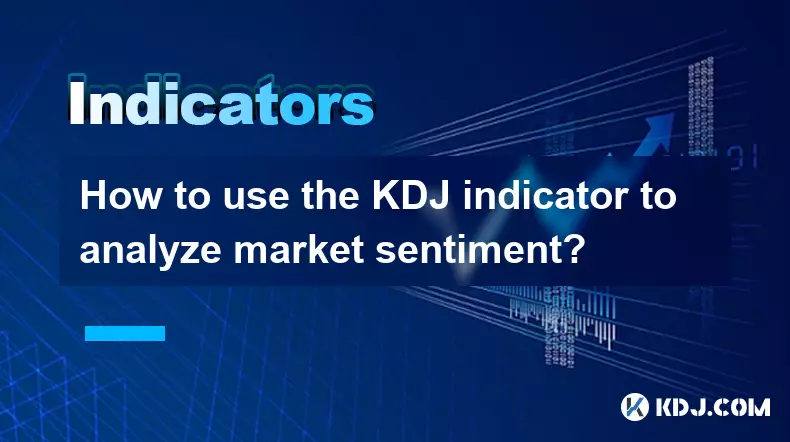
How to use the KDJ indicator to analyze market sentiment?
Oct 18,2025 at 07:18pm
Understanding the KDJ Indicator in Cryptocurrency Trading1. The KDJ indicator, also known as the Stochastic Oscillator, is a momentum-based technical ...
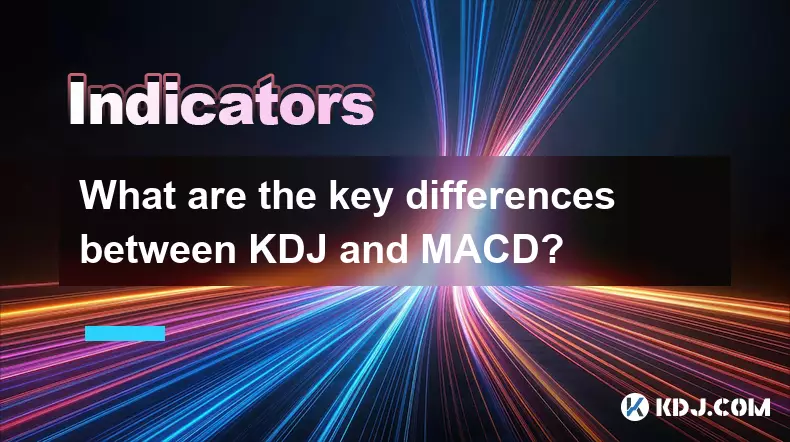
What are the key differences between KDJ and MACD?
Oct 18,2025 at 04:54am
KDJ Indicator: Core Mechanics and Usage1. The KDJ indicator is a momentum oscillator that combines the features of the Stochastic Oscillator with an a...
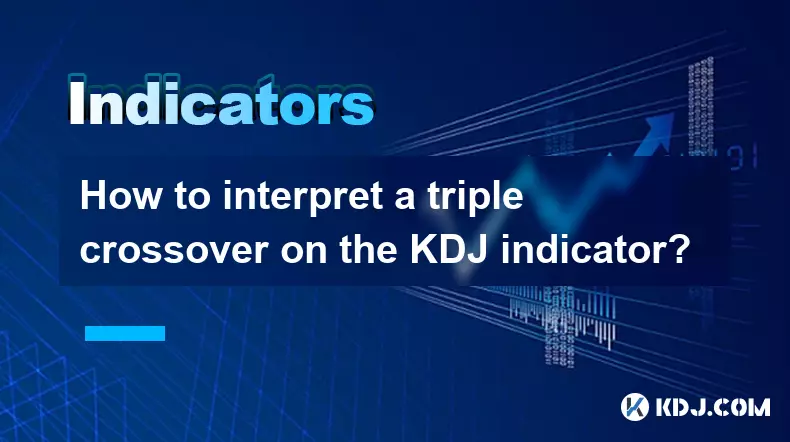
How to interpret a triple crossover on the KDJ indicator?
Oct 18,2025 at 01:54pm
Understanding the Triple Crossover in KDJ Indicator1. The KDJ indicator, a derivative of the Stochastic Oscillator, consists of three lines: K, D, and...
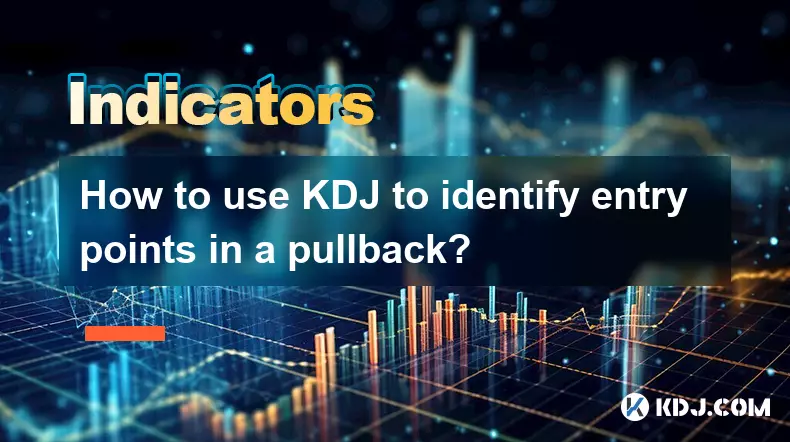
How to use KDJ to identify entry points in a pullback?
Oct 18,2025 at 09:36am
Understanding KDJ in the Context of Pullbacks1. The KDJ indicator, an extension of the stochastic oscillator, consists of three lines: %K, %D, and %J....
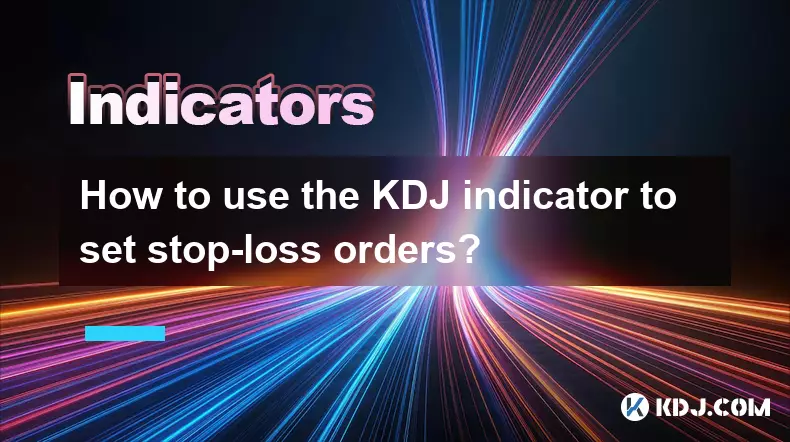
How to use the KDJ indicator to set stop-loss orders?
Oct 18,2025 at 05:18am
Understanding the KDJ Indicator in Cryptocurrency Trading1. The KDJ indicator, also known as the Stochastic Oscillator with J-line adjustment, is wide...
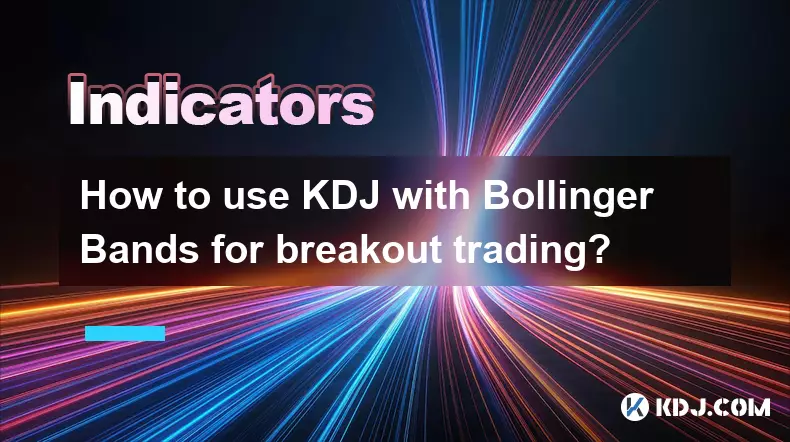
How to use KDJ with Bollinger Bands for breakout trading?
Oct 18,2025 at 09:54pm
Understanding KDJ and Bollinger Bands in Crypto Markets1. The KDJ indicator, an adaptation of the stochastic oscillator, combines %K, %D, and %J lines...

How to use the KDJ indicator to analyze market sentiment?
Oct 18,2025 at 07:18pm
Understanding the KDJ Indicator in Cryptocurrency Trading1. The KDJ indicator, also known as the Stochastic Oscillator, is a momentum-based technical ...

What are the key differences between KDJ and MACD?
Oct 18,2025 at 04:54am
KDJ Indicator: Core Mechanics and Usage1. The KDJ indicator is a momentum oscillator that combines the features of the Stochastic Oscillator with an a...

How to interpret a triple crossover on the KDJ indicator?
Oct 18,2025 at 01:54pm
Understanding the Triple Crossover in KDJ Indicator1. The KDJ indicator, a derivative of the Stochastic Oscillator, consists of three lines: K, D, and...

How to use KDJ to identify entry points in a pullback?
Oct 18,2025 at 09:36am
Understanding KDJ in the Context of Pullbacks1. The KDJ indicator, an extension of the stochastic oscillator, consists of three lines: %K, %D, and %J....

How to use the KDJ indicator to set stop-loss orders?
Oct 18,2025 at 05:18am
Understanding the KDJ Indicator in Cryptocurrency Trading1. The KDJ indicator, also known as the Stochastic Oscillator with J-line adjustment, is wide...

How to use KDJ with Bollinger Bands for breakout trading?
Oct 18,2025 at 09:54pm
Understanding KDJ and Bollinger Bands in Crypto Markets1. The KDJ indicator, an adaptation of the stochastic oscillator, combines %K, %D, and %J lines...
See all articles
























